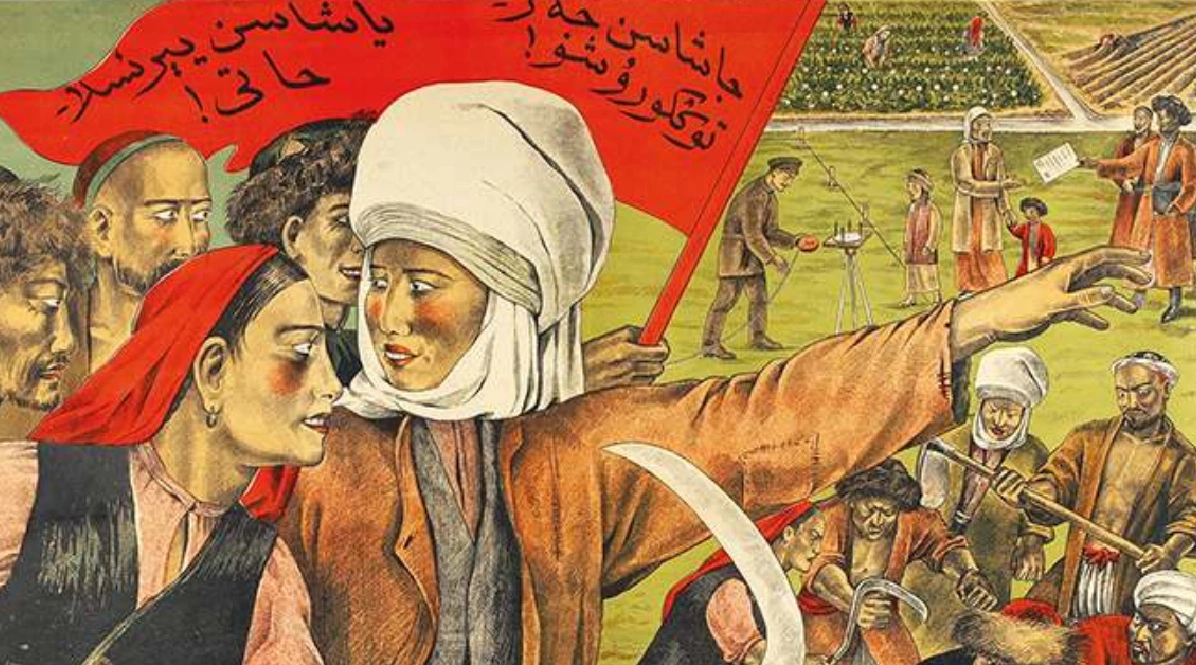A frequent refrain of researchers on Soviet history is that key questions will be answered “when the archives are open.” But while that may be true, it begs the question as to which archives contain the relevant documents given that Stalin and his successors tightly centralized control of documents about republics and kept them in Moscow.
What that means, of course, is now that the former union republics are independent countries, there are many critical issues that historians and political leaders in them do not have access in them to the documents they need. And Moscow retains the whip hand over their history and any dispute between Russia and themselves.
That Soviet policy continues to affect both historical research and political debates in all former Soviet republics, but nowhere is this centralization of control over archival documents playing a more negative role for the non-Russian countries than in Kazakhstan where questions about why it became a union republic so much later than other Central Asian ones remain lively.
Kazakhstan investigators know that the answers to most such questions are to be found not in the archives of their country but in Moscow and that Moscow from the very beginning centralized the retention of all originals and copies so that the archives would give the center yet another lever of control.
They have discovered in the archives of the President of Kazakhstan a document that appears to stand at the origins of these arrangements and have now published full text of it. Dated September 5, 1924 and signed by Stalin, it outlines the rules governing the retention and more importantly the return of documents to Moscow.
Stalin’s order requires that cadres in Kazakhstan and presumably all other republics and regions of the USSR return any document to the center of even the slightest political importance and not retain any copies lest they be in a position to challenge changes in the center’s policies toward them.
If the archives in Moscow were open, this might not be a problem; but under Vladimir Putin, ever more archives in the center are being closed to researchers. That has political consequences, and the newly published Stalin document shows that the Soviet dictator was very aware of them from the very beginning.
Read More:
- Putin regime now seizing and destroying archives to whitewash the Soviet past
- Prisoners of state secrecy: How Russia aborted its “archival revolution”
- Archives show Stalin was ready to give Hitler Ukraine and the Baltics
- Russian lawyer who conducted ‘secret Nuremberg’ against Stalinists brings archive to the West
- EU Eastern Partnership experts say Ukraine’s opening of KGB archives is exemplary
- Not everyone in the USSR supported the 1939 invasion of Finland, KGB archives show
- KGB archives document Red Army’s atrocities against Ukrainian village in USSR after 1945
- Soviet special services regularly reinforced Politburo’s view of the world, archives in Ukraine show

